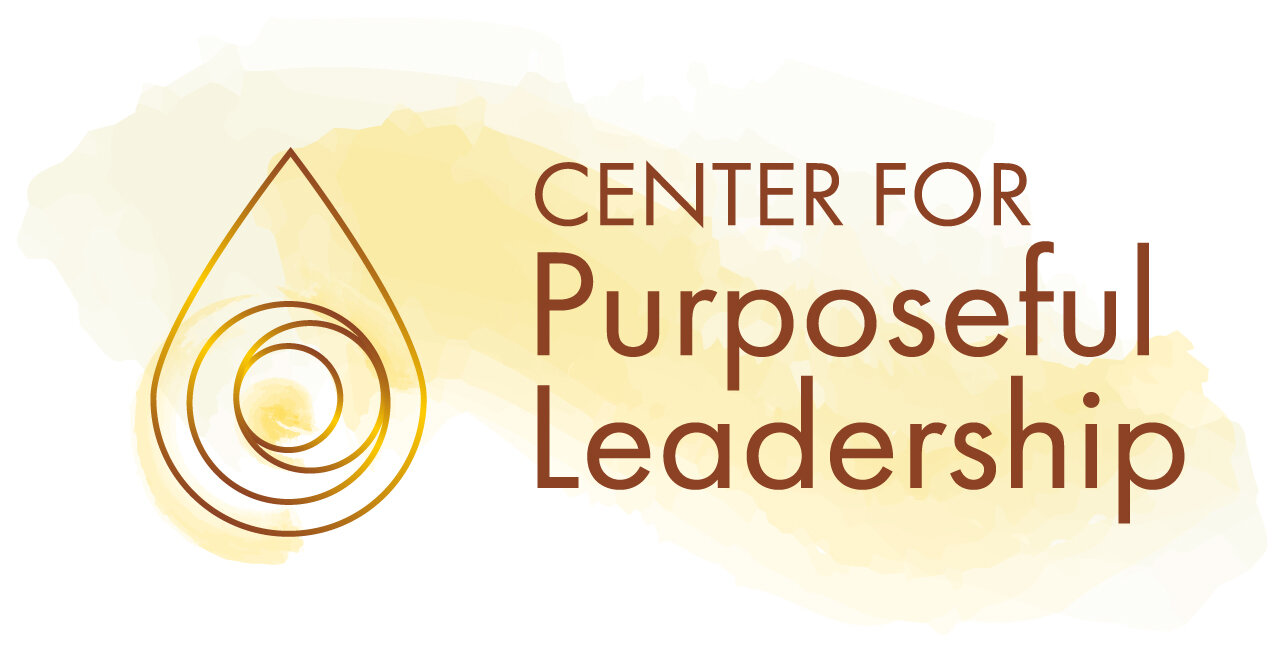Voices from Ukraine: Part I
/By Greta Seitz
“Think occasionally of the suffering of which you spare yourself the sight.”
- Albert Schweitzer
Today we joined for our 97th Essential Conversation. It was heavy, tearful, difficult, and necessary. This conversation continues a powerful sensing into the horrors of war and the heart it takes to find ways to heal. (2/28 & 3/7: Peacemaking from a Rwandan Perspective: lessons learned from the 1994 Genocide).
We began with our conversation starter, Tatiana Riabokin, playing a bandura, a traditional 54 stringed Ukrainian instrument. It’s plucked like a harp and plays beautiful complex music. Tatiana has taught Ukrainian ethnography, dance, and music throughout her life.
In addition to music, Tatiana shared some horrific memories from her parents and grandparents of The Ukrainian famine—known as the Holodomor, a combination of the Ukrainian words for “starvation” and “to inflict death”—by one estimate claimed the lives of 3.9 million people, about 13 percent of the population. Unlike other famines in history caused by blight or drought, this was caused when a dictator wanted both to replace Ukraine’s small farms with state-run collectives and punish independence-minded Ukrainians who posed a threat to his totalitarian authority. Read More: “How Joseph Stalin Starved Millions in the Ukrainian Famine.”
Tatiana connected the atrocities of her ancestors with the current situation in Ukraine saying, “When you have lived or heard firsthand experiences of war, you know what the intent is and you know the reality of the horrors.” This is nothing new and we can see before our very eyes as history repeats itself. The average American may not understand the implications and extent of the Russian war on Ukraine while many immigrants have seen similar horrors in their own countries; Rwanda, Syria, Afghanistan, Yemen, and countless others. Tatiana notes that it’s not just Ukraine. Dictators imposing their will dates back centuries and they do not follow the rules of war.
From atrocities has come art and activism. Tatiana made the following video in one of the first days of war because “[she] just knew it had to be done.” Using music she composed and recorded herself, the video is meant to elicit an emotional response to educate and inspire. There is a lack of education and general knowledge about the world, especially the geopolitical system and we must fight against ignorance to break the cycle. The video features everyday people, like you and me, and represents oppression of any kind. While highlighting the sheer strength of the Ukrainian spirit, Tatiana notes, “You can conquer territory but you can’t conquer souls” and that “This moment is for all of us.”
With this in mind, we entered into conversation with the question, “We live in an interconnected world. How has the war in Ukraine impacted you on a daily basis?” We have seen on the news and in person how the war affects us through rising prices, most noticeably gasoline but it goes much deeper than that. In breakout groups individuals shared their experiences witnessing past wars unfold before their very eyes. It can be troublesome to see as hate permeates around us and how history can even have the ability to repeat itself. What are we doing wrong? How can we break this cycle? Tatiana urges education and awareness, ‘We need to know what is going on in the world.” Her own global knowledge is impressive and inspirational. Although it may seem like Ukraine and other struggling countries are far away, we are not that far. Across from the Pacific Ocean, Alaska is a mere 53 miles from Russia and Ukraine. We cannot turn our back to our neighbors, our fellow human beings.
With that we have a number of resources here and on the Essential Conversation: “Voices from Ukraine” Part I & II page we encourage you to explore as well as opportunities to donate to provide aid and support. Additionally, we urge you to return next or if it is your first time, to join us for our Essential Conversation on Monday, March 21st which will be Part II of this conversation titled “Voices from Ukraine.” As discussed in the Essential Conversation, these sessions are not to create likemindedness but rather to create coherence, “the quality of being logical and consistent” or creating a “unified whole.” When we work on our internal coherence, we create social coherence which was a global impact.
As we left this Essential Conversation, it is important to not focus exclusively on the hate and evil but rather the hope and love. Similar to the discussion during the last EC, Peacemaking from a Rwandan Perspective: lessons learned from the 1994 Genocide, we are reminded of the power of small acts of love and kindness in the midst of mass disruption as an act of defiance against the presence of evil and hatred in the world. Tatiana offered a beautiful reflection for us all. FINISH.
Join us next Monday for our Essential Conversations


